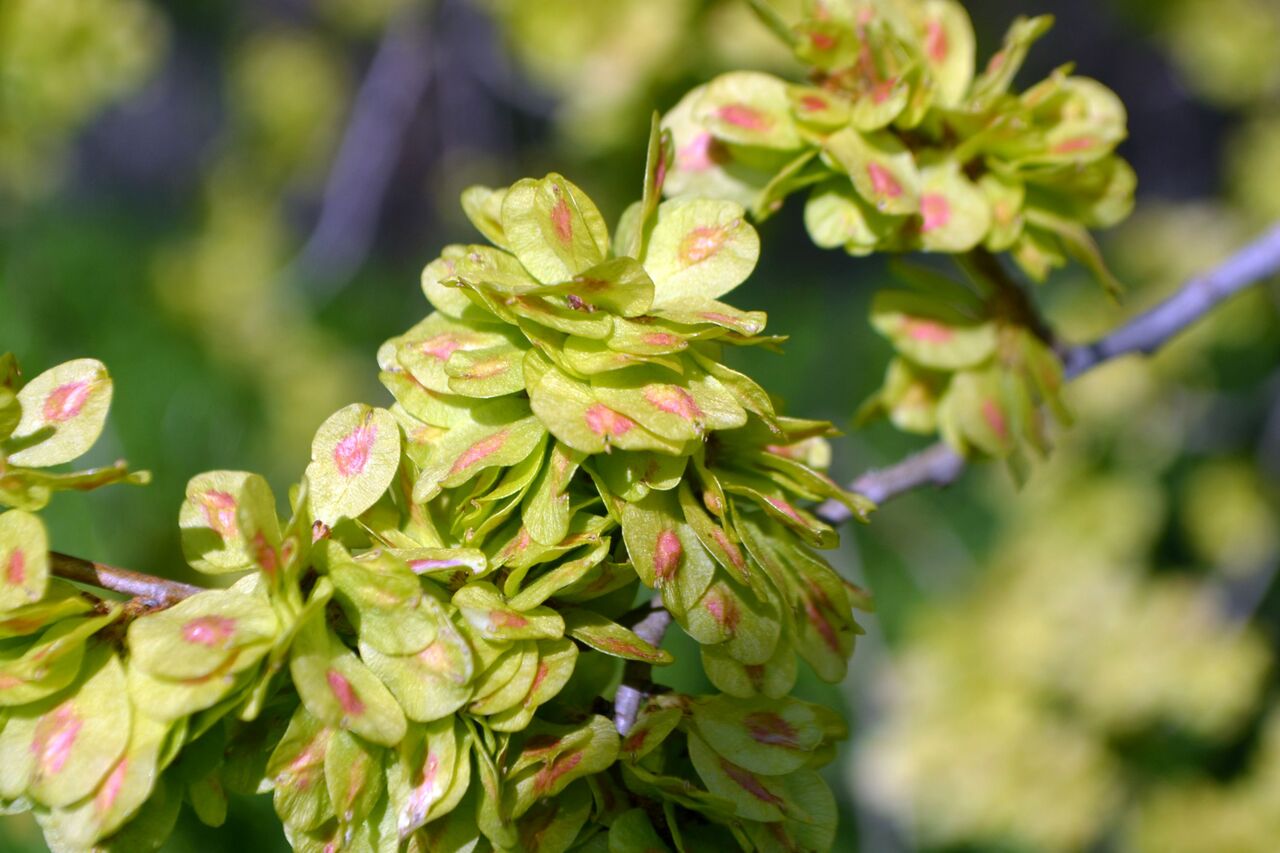The Directorate General for Biodiversity, Forests and Desertification of the Ministry for Ecological Transition and the Demographic Challenge (MITECO) almost gave in to ANSE 500 copies of 4 clones common elm tolerant to graphiosis. The association will use the above-mentioned trees for the restoration of the riverside forest of the La Huertecica farm (Calasparra/Moratalla) in the context of the Fluviatilis project. The area being restored is part of the Sotos y Bosques de Ribera de Cañaverosa Nature Reserve.
the elm Ordinary, Lesser elmit’s a tree emblematic of the Iberian Peninsulawhose populations have declined significantly since the 1970s after being attacked by a disease known as graphiosis, caused by a mold Called from Asia Ophiostoma novo-ulmi. This fungus invades the xylem vessels and blocks the movement of sap through them, causing defoliation of the tree and ultimately its death.
The disease is transmitted by three beetles belonging to the family Scolitidae (Scolytus multistriatus, S. scolytus j S. kirschii), which carry the fungal spores and inoculate them into the elm by digging tunnels under the bark. As a result of this disease, the municipalities of Calasparra and Moratalla have had many of their most striking elm and olmeda trees reclaimed.
The critical condition of this species caused by the disease led to the Ministry for the Ecological Transition and the Demographic Challenge to in 1990 the Spanish Elm Conservation Programthrough the Polytechnic University of Madrid, which have managed to develop several clones that are tolerant to graphiosis and that allow the restoration of this tree element that has disappeared from the landscape.
The elm plantations will continue this Saturday, January 27, with a call for volunteers open to citizen participation.
Fluvial benefits from a call for help promoted by the Biodiversity Foundation of the Ministry for the Ecological Transition and Demographic Challenge (MITECO)for major transformative projects of a scientific-technical nature aimed at promoting the bioeconomy and the contribution to the ecological transition, within the framework of the Recovery, Transformation and Resilience Plan (PRTR), financed by the European Union – NextGenerationEU.

